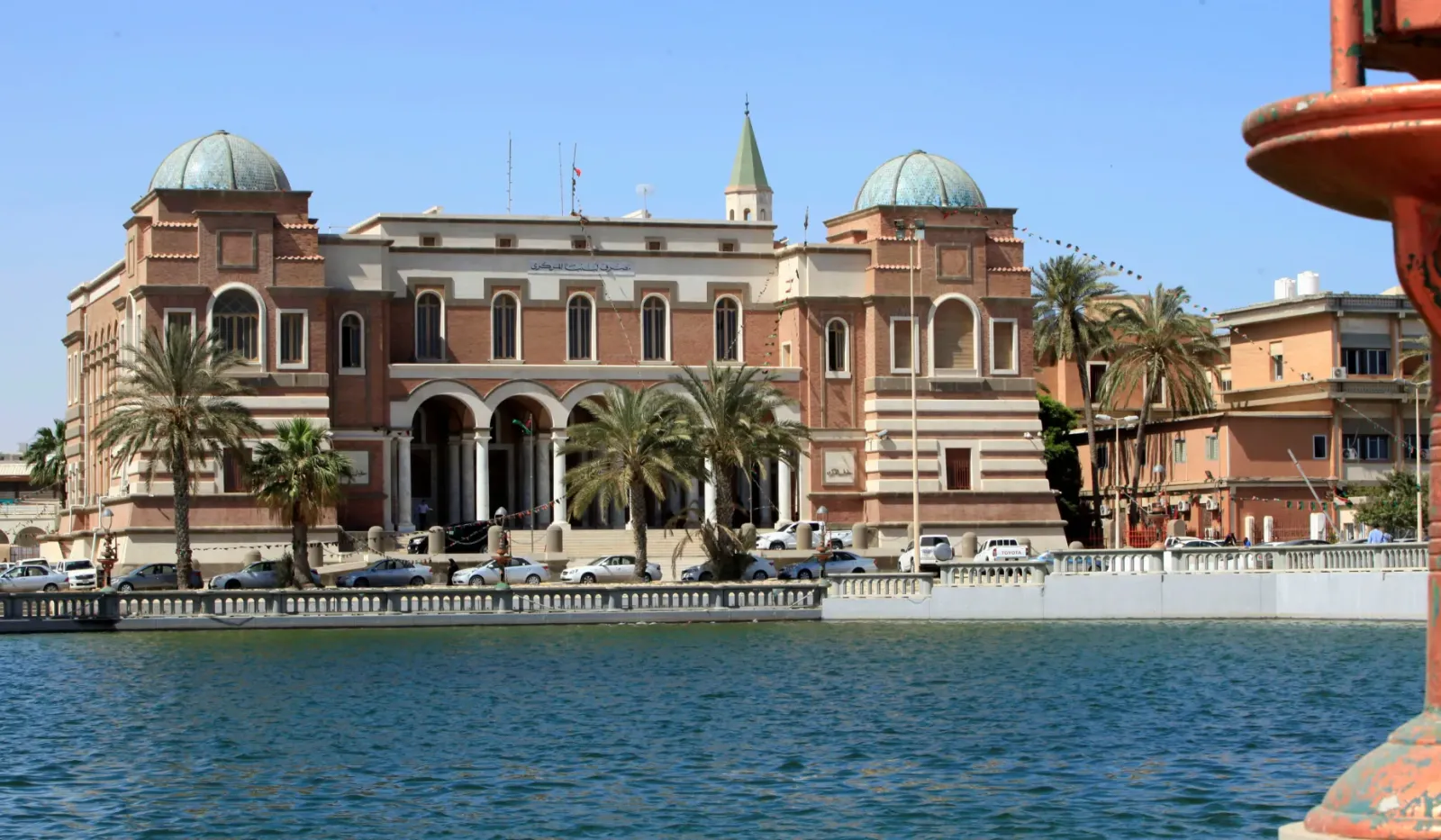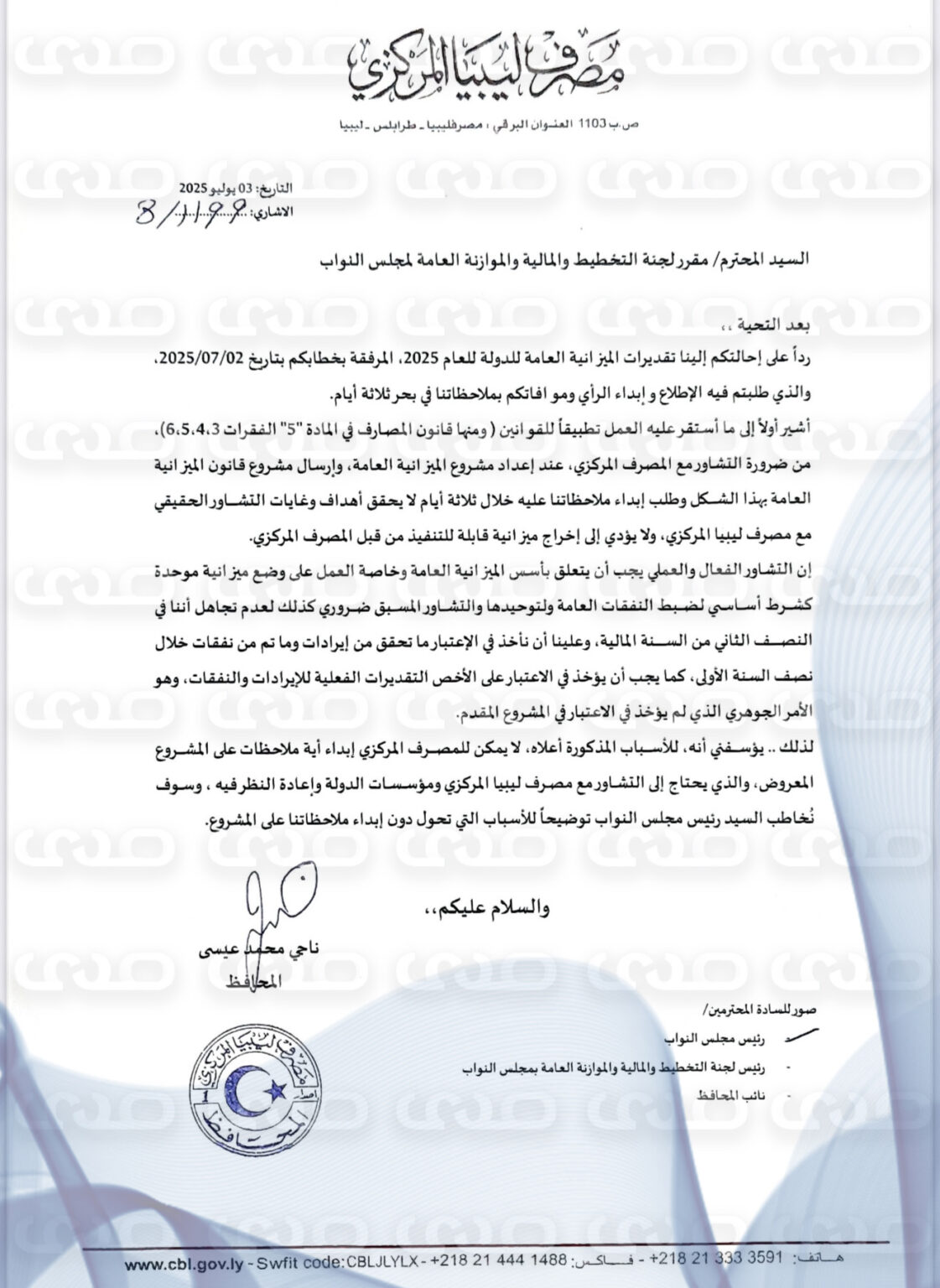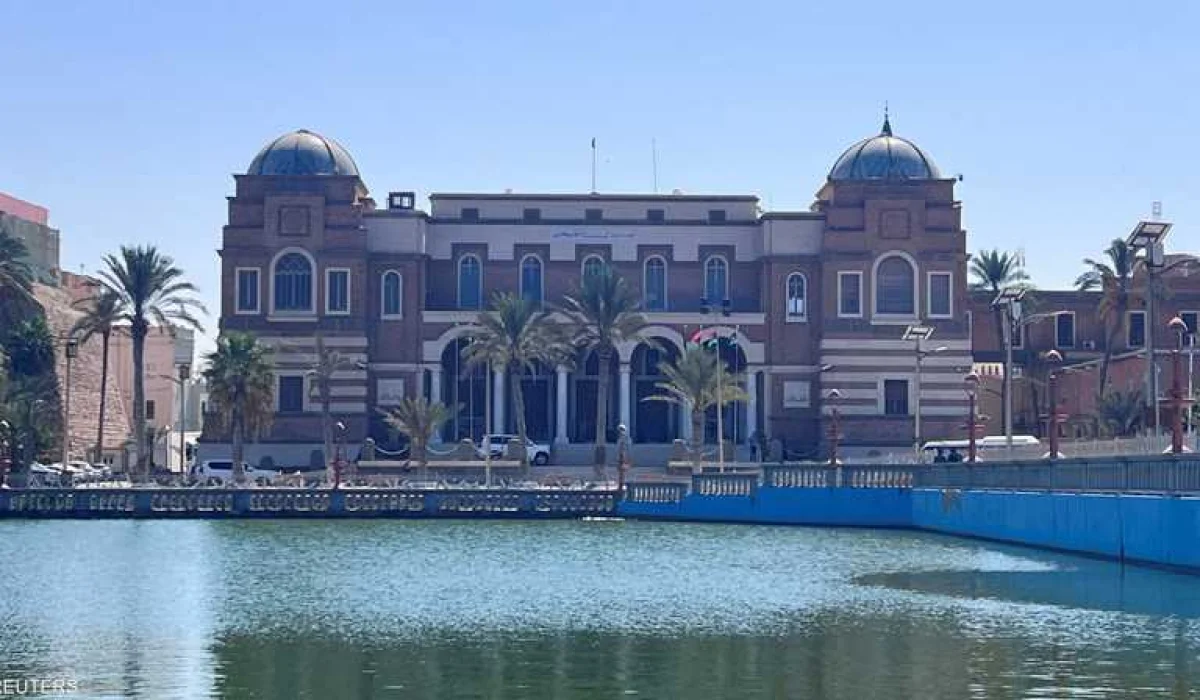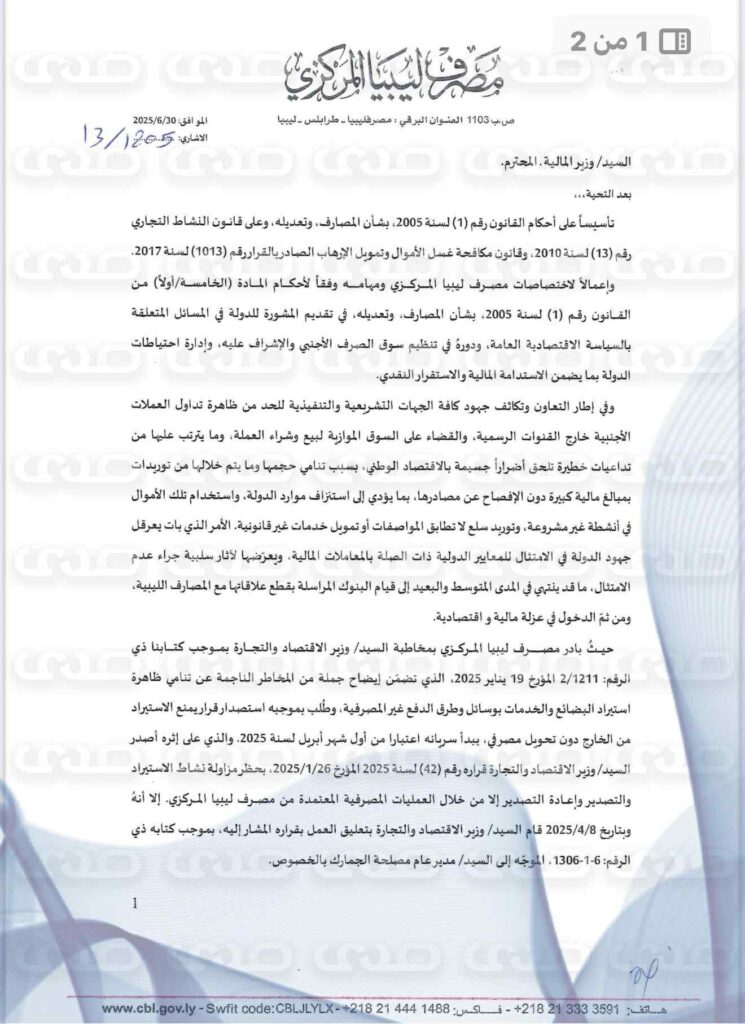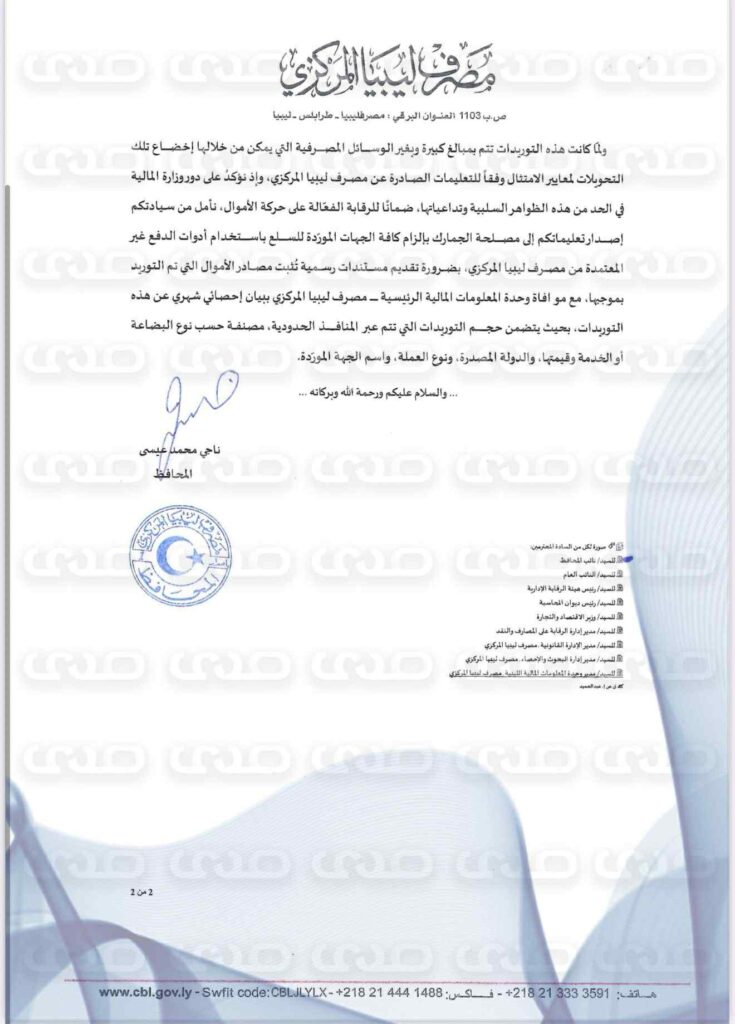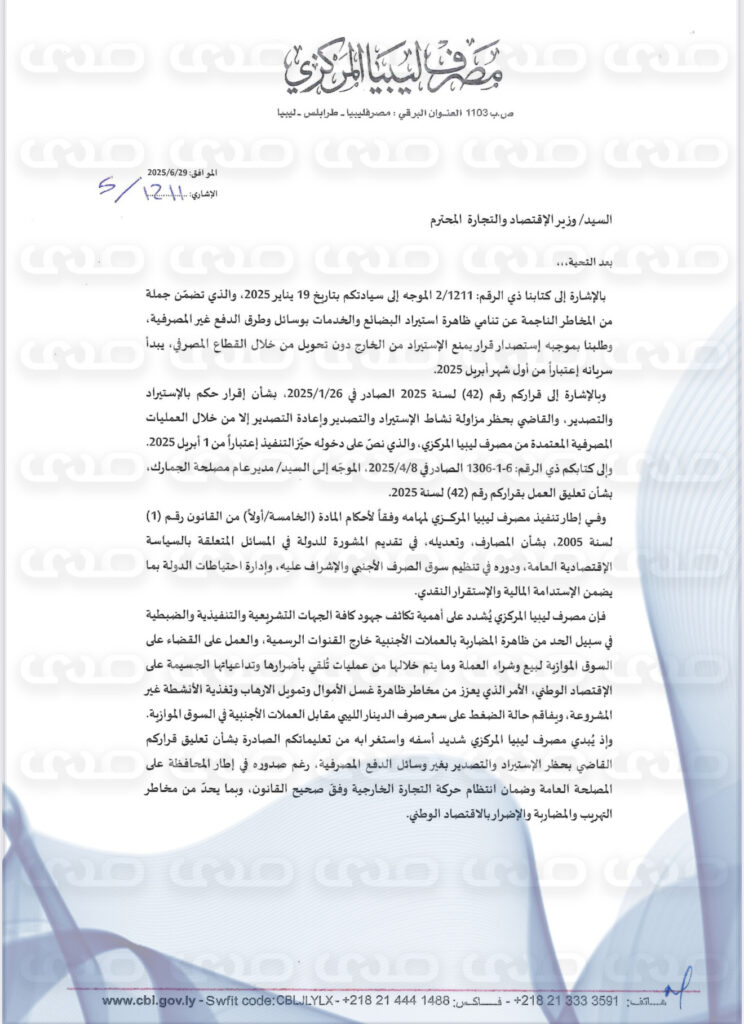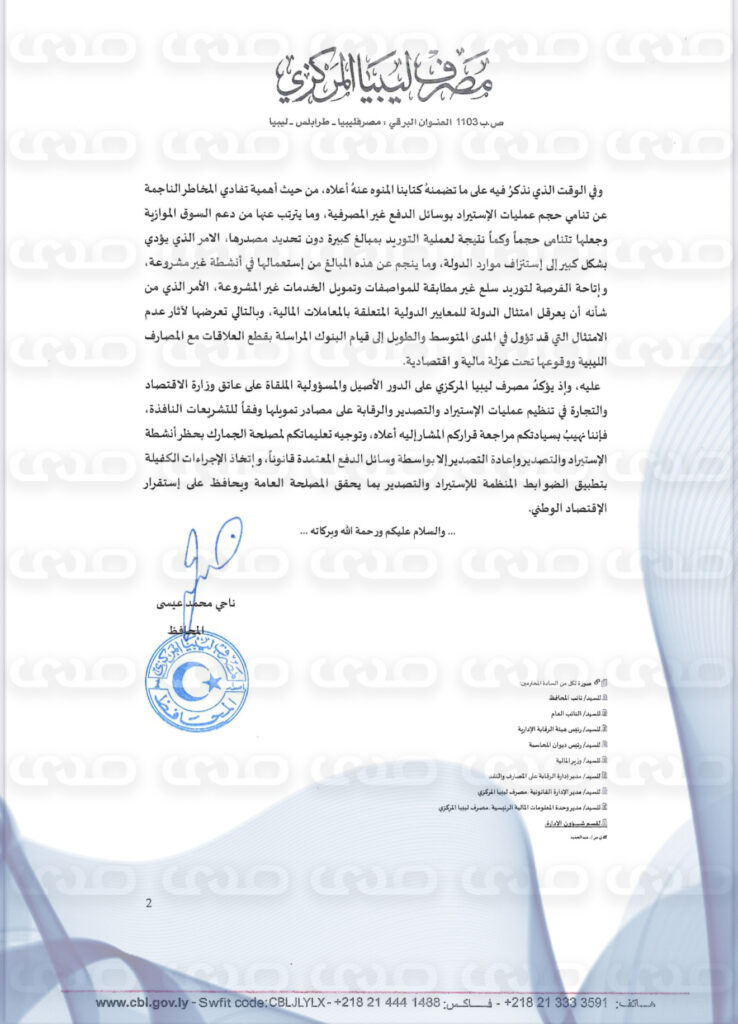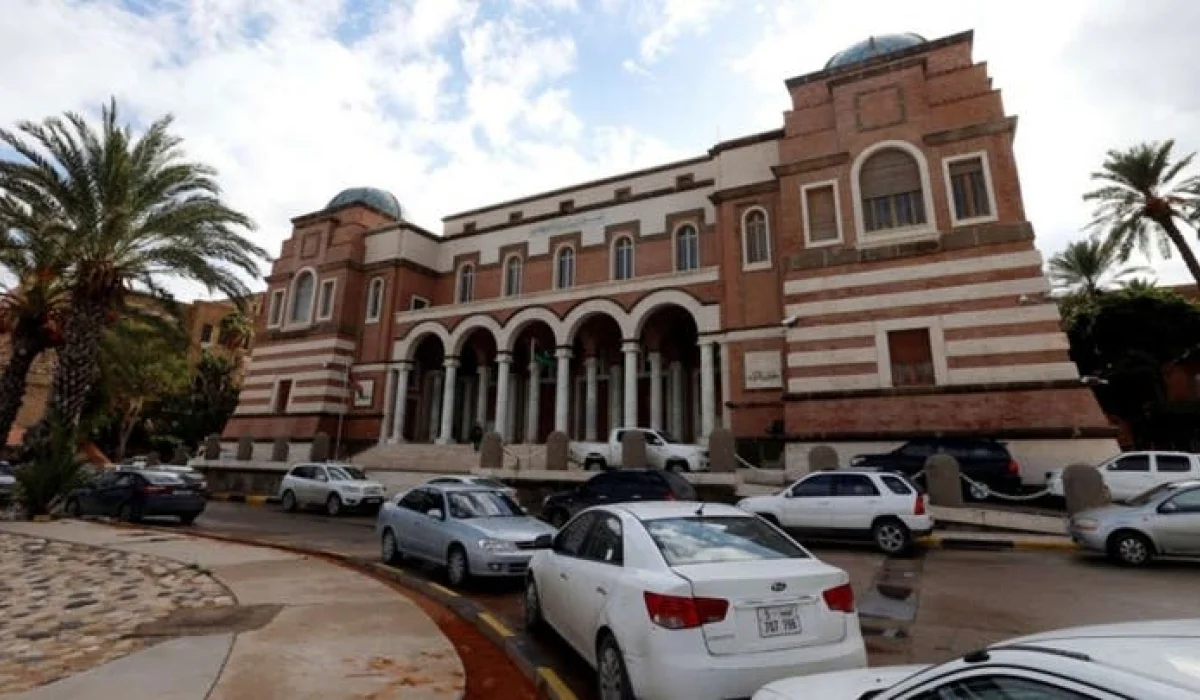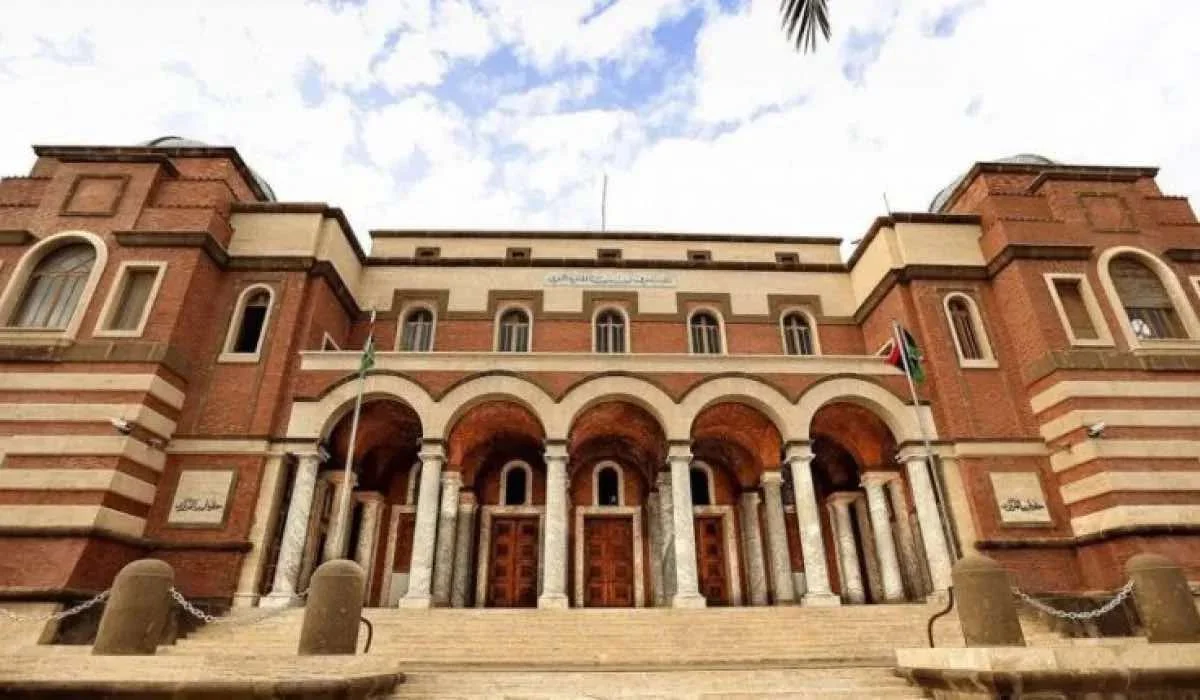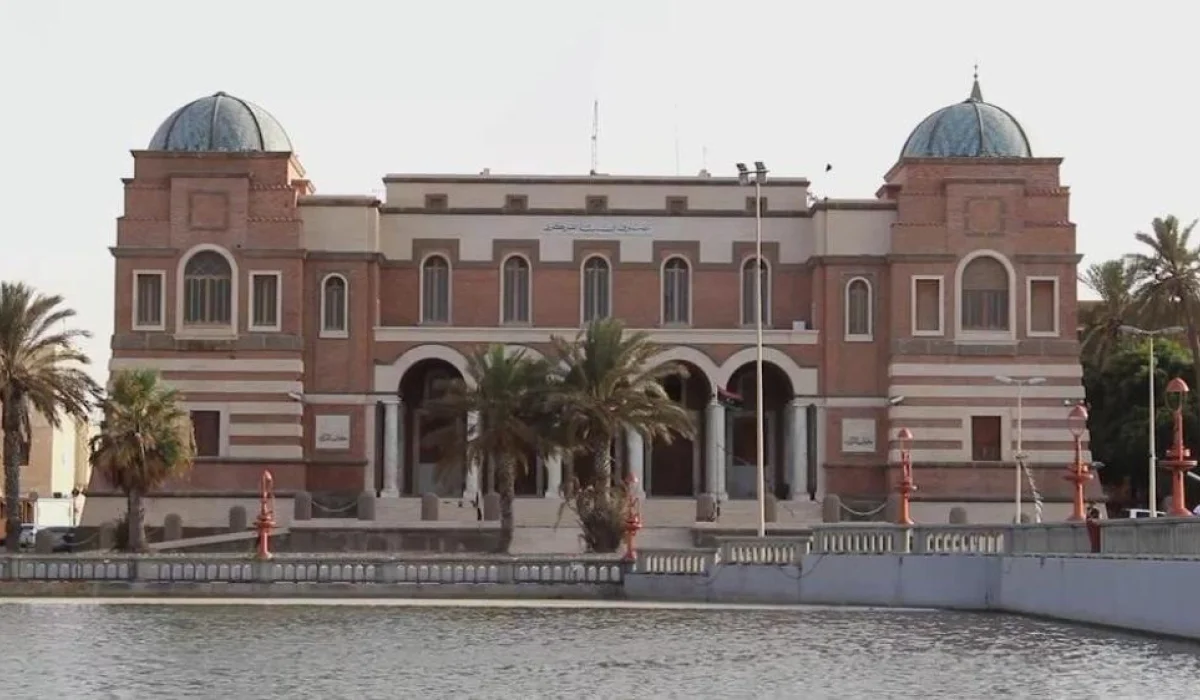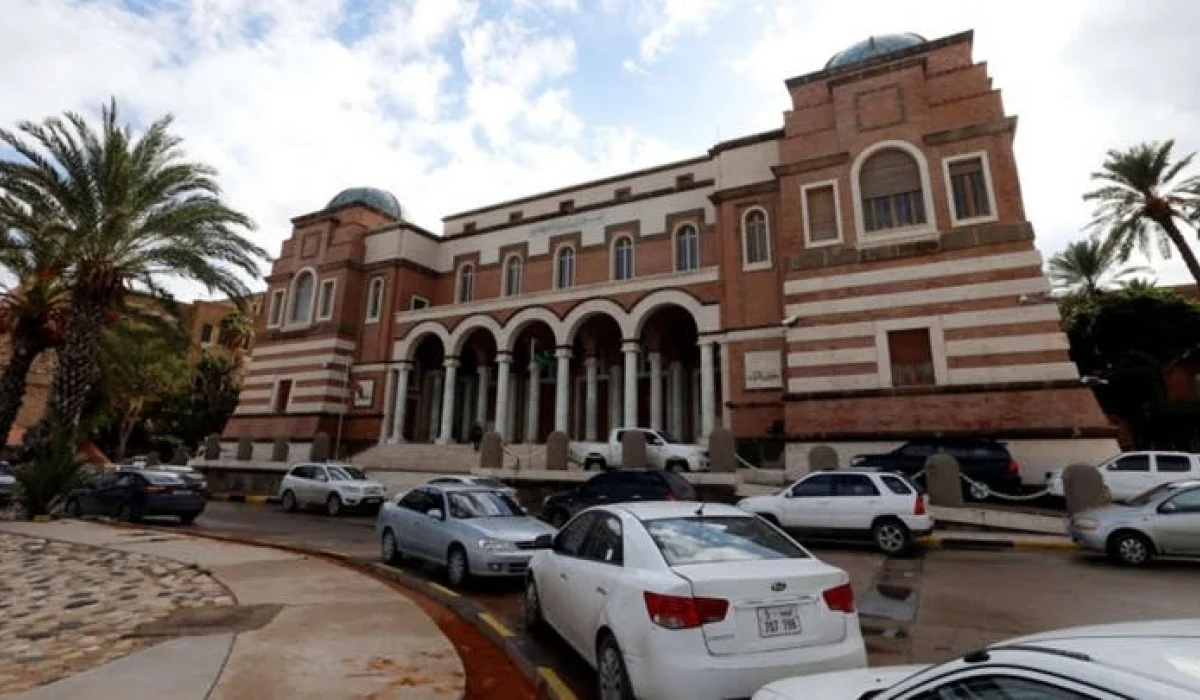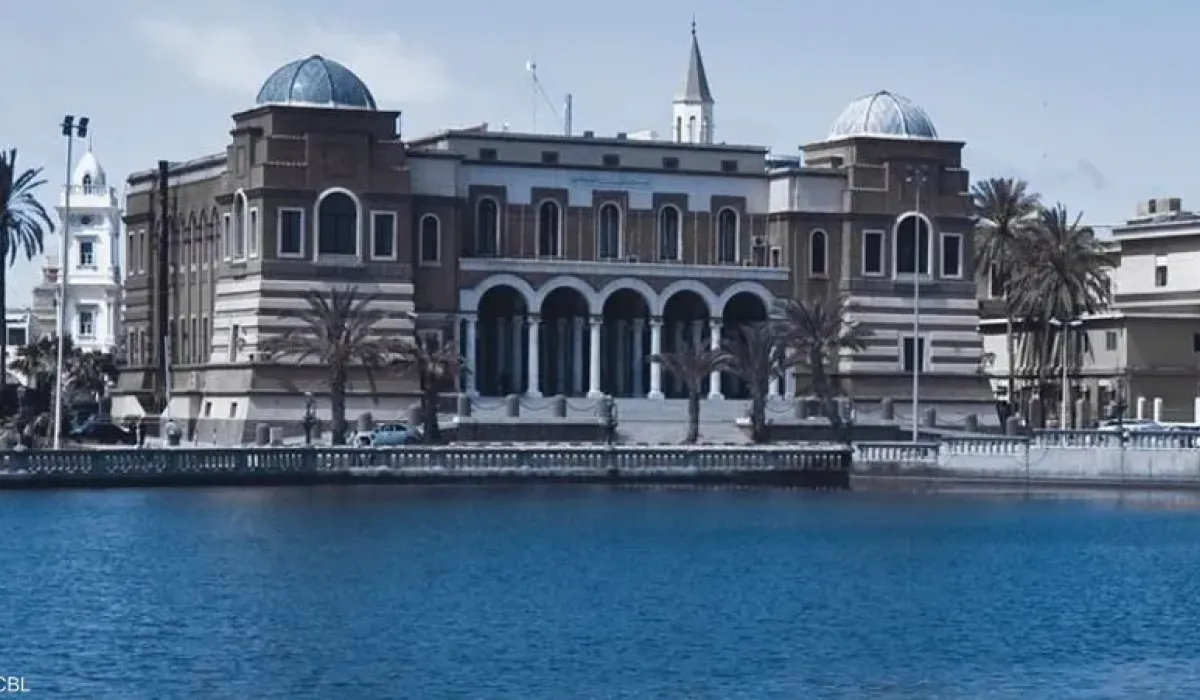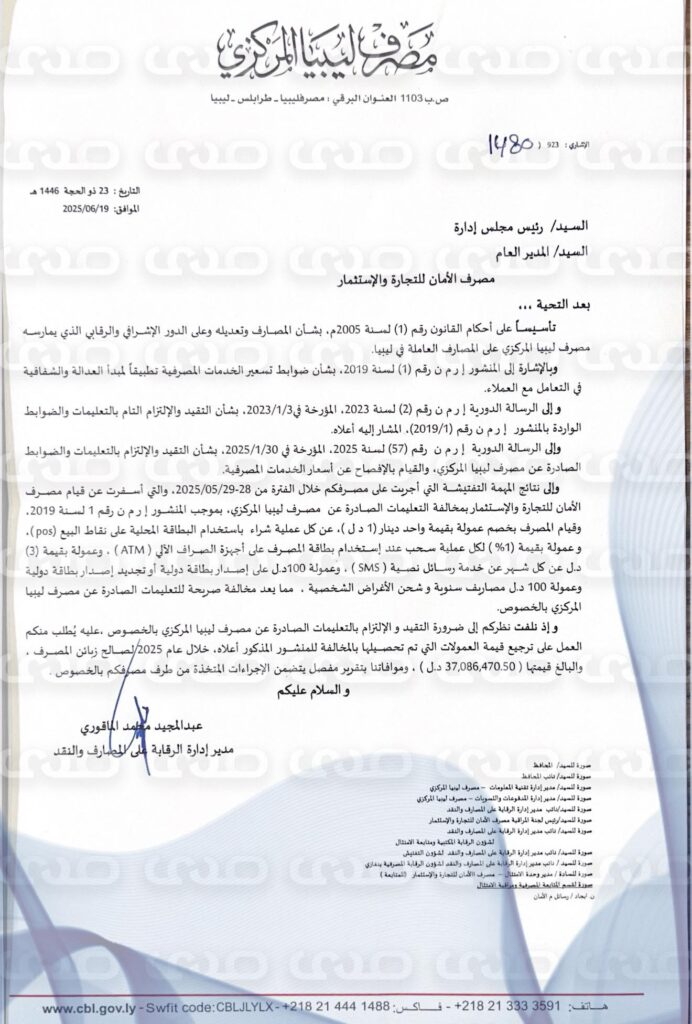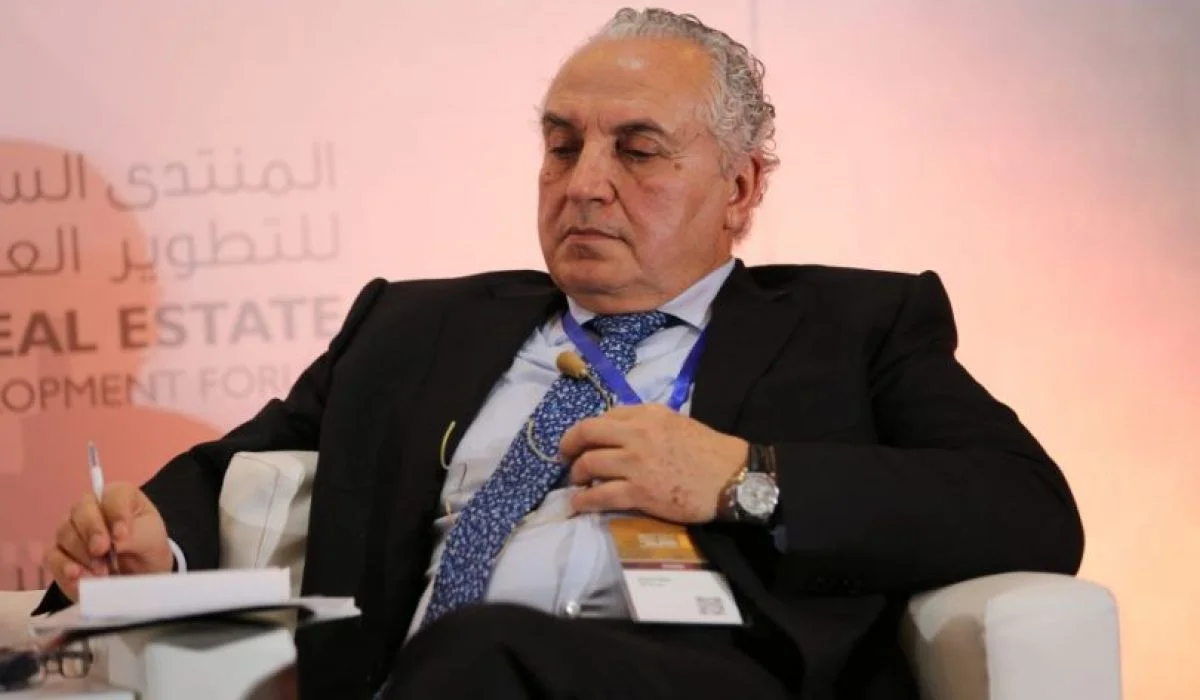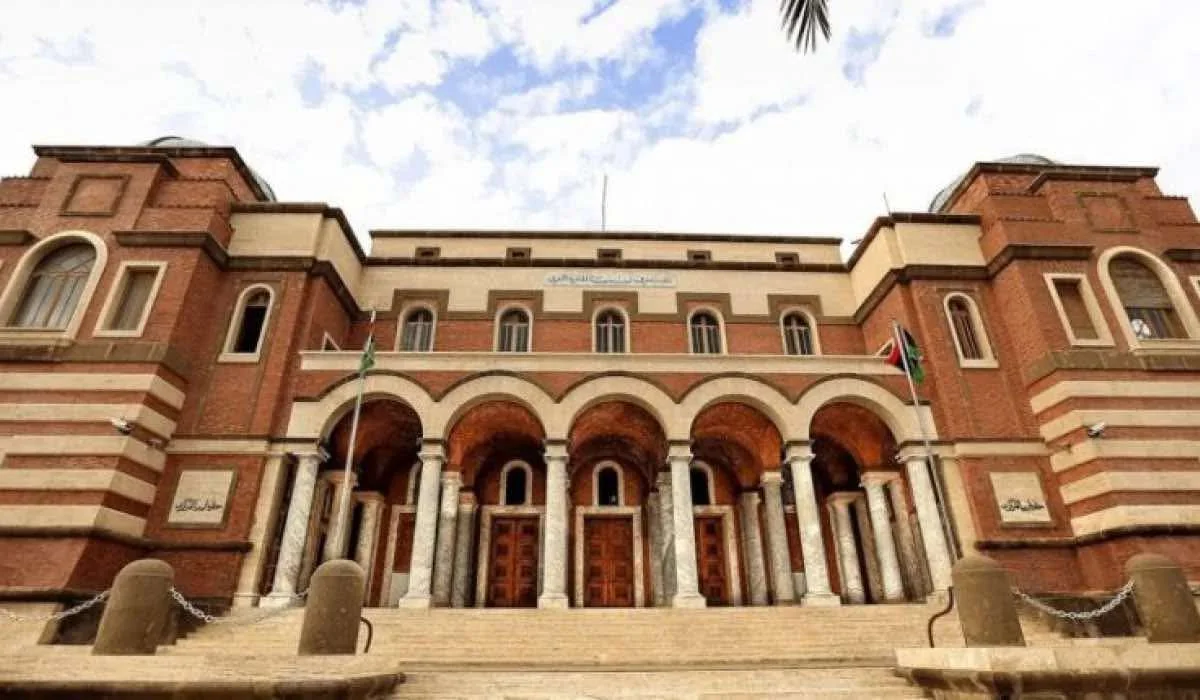The Central Bank of Libya has revealed revenues and expenditures from January 1 to June 30, reporting total revenues of 61.3 billion LYD, while expenditures amounted to 57 billion LYD.
According to the Central Bank’s statement, oil sales revenues reached 51.5 billion LYD, and oil royalty revenues stood at 9.3 billion LYD. Tax revenues amounted to 304.6 million LYD, customs revenues to 86.8 million LYD, and telecommunication revenues to 45.8 million LYD. The statement also recorded other revenues totaling 501 million LYD. On the expenditure side, Chapter I (salaries) consumed 36.5 billion LYD, Chapter II (operational expenses) reached 2.5 billion LYD, and Chapter IV (subsidies) accounted for 18 billion LYD — all during the period from the beginning of January to the end of June 2025.
The Central Bank further revealed that the foreign currency deficit had reached $5 billion, while revenues from the imposed fee on foreign currency sales amounted to 10.3 billion LYD.
The report included a total of $16.6 billion in foreign currency usage, which consisted of: $7.4 billion in letters of credit, $276 million in wire transfers, $5.7 billion for personal purposes, $43 million through small business cards, $165.3 million in salaries for workers abroad, $46.4 million in scholarships for students studying abroad, $44.6 million for overseas medical treatment, $344 million to the National Oil Corporation, $1.2 billion for fuel imports, $204 million for the Medical Supply Authority, $371 million for the General Electricity Company, $128.5 million for the Housing Projects Implementation Authority, and $588.2 million in transfers and credits for other entities.
The report also stated that the number of individual subscribers using the LYPAY and ONEPAY instant transfer services during the period reached 5.1 million, while commercial users totaled 115,700. The number of transactions made via the instant “merchant transfer” service was 3.3 million, with a total transaction value of 22.1 billion LYD.
According to the Central Bank, spending by the Prime Minister’s Office of the Government of National Unity reached 190.3 million LYD, while spending by entities affiliated with the GNU exceeded 1 billion LYD. The Presidential Council’s spending surpassed 36 million LYD, and its affiliated entities spent 330 million LYD. Meanwhile, the House of Representatives’ expenditures totaled 42.72 million LYD, and those of its affiliated bodies exceeded 532 million LYD, all within the period from January 1 to June 30.





